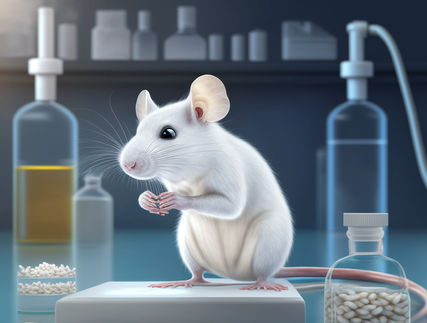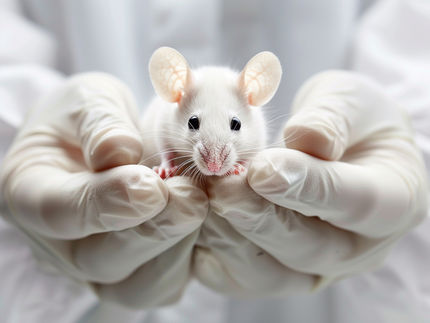How 'slippers' can end mascara irritation
New test reduces need for animal testing
An end to mascara testing on animals could be in sight thanks to tiny organisms nicknamed 'slipper' and 'eyelash'.
Mascara is a mild irritant, and rabbits have, historically, been used to test how much discomfort new products can cause. However, a cheaper and more reliable test is now being developed by scientists at the University of Liverpool, involving miniscule protozoa. This will remove animal cruelty from the equation.
The scientists from the University's Institute of Integrative Biology were able to examine potential toxicity caused by mascara, based on the growth of the protozoa when placed in experimental chambers containing the cosmetic.
Six different brands of mascara were tested, by painting it on small glass plates and placing these in the chambers. The protozoa and their food were then added. The protozoa– the slipper ciliate (Paramecium caudatum) and the eyelash ciliate (Blepharisma japonicum) – were chosen carefully because of their large size, their historic use as model organisms, and their genetic similarities to humans.
Their large size enabled the scientists to visually measure population growth using a microscope, and they were able to show that this varied according to the brand of mascara and the amount in the chamber. There was a substantial difference between brands, with some killing the protozoa and others not harming them at all.
Dr David Montagnes, who supervised the project suggests: "This test has great potential for reducing the use of rabbits as it is both cheap and reliable, and while the protozoa have a similar metabolism to animals they are not classed as such. Indeed, the traditional test used on rabbits – the Draize test – was developed more than 40 years ago and is both time consuming and expensive, as well as giving rise to ethical issues."
Montagnes went on to add: "When you can develop a simpler and cheaper alternative, there is really no need to test cosmetics on animals."
The research is published in the International Journal of Cosmetic Sciences.
Organizations
Other news from the department science

Get the life science industry in your inbox
By submitting this form you agree that LUMITOS AG will send you the newsletter(s) selected above by email. Your data will not be passed on to third parties. Your data will be stored and processed in accordance with our data protection regulations. LUMITOS may contact you by email for the purpose of advertising or market and opinion surveys. You can revoke your consent at any time without giving reasons to LUMITOS AG, Ernst-Augustin-Str. 2, 12489 Berlin, Germany or by e-mail at revoke@lumitos.com with effect for the future. In addition, each email contains a link to unsubscribe from the corresponding newsletter.





















































